Vietnam has become a popular destination for travelers from all around the globe, including the picturesque state of Goa in India. With its stunning landscapes, rich history, and vibrant culture, it’s no wonder that many Goan tourists are keen to explore this Southeast Asian gem. To facilitate travel, Vietnam offers an online visa application process known as the Vietnam Evisa for Goa Tourists: How to Apply Online. This guide aims to provide comprehensive insights into applying for an eVisa, offering a step-by-step approach that will make your travel plans easier and hassle-free.
Introduction to Vietnam Evisa
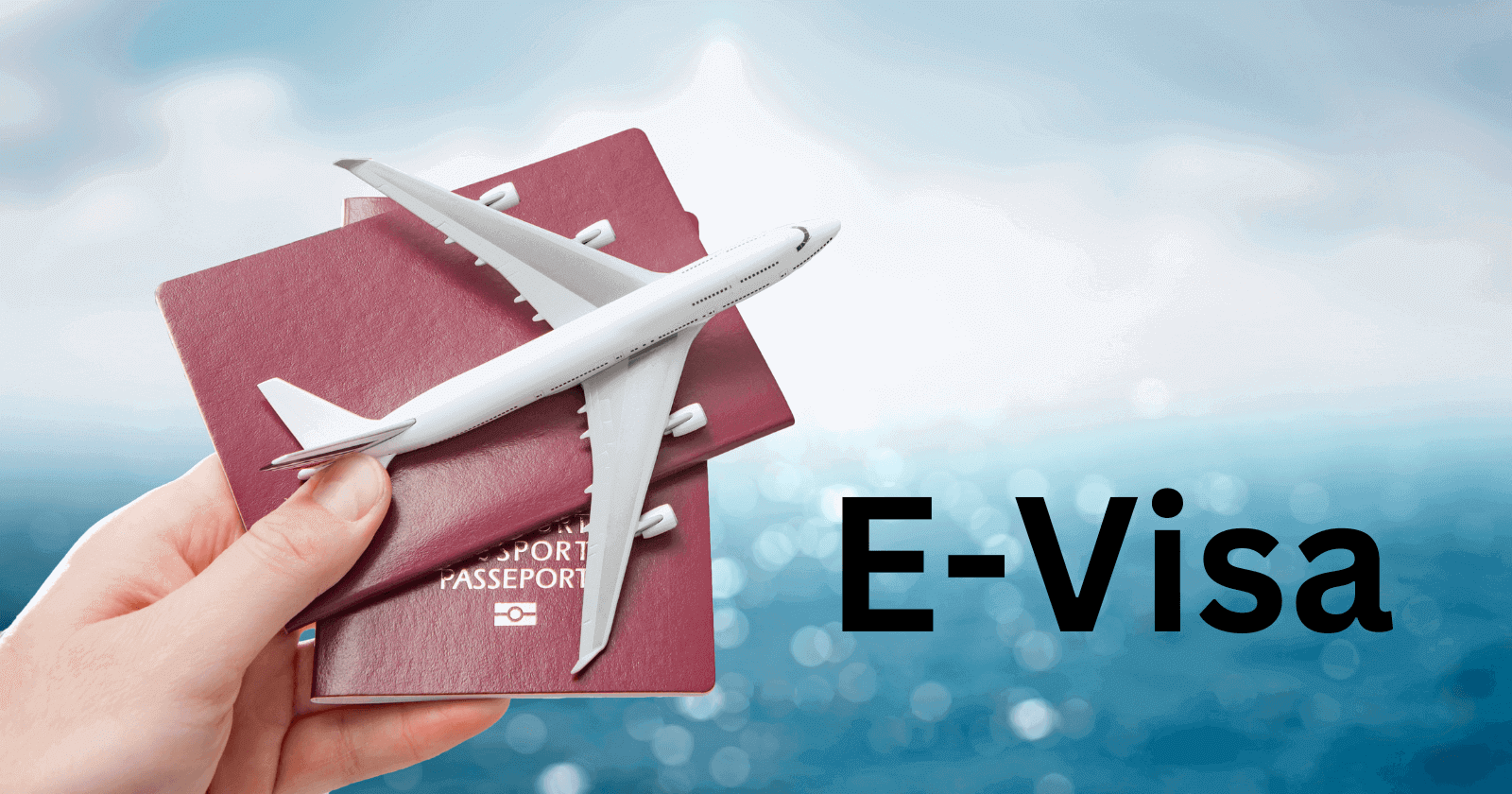
The world is rapidly transforming into a digital space, and the realm of travel is no exception. The introduction of electronic visas has made it remarkably easier for travelers to access different countries without the complexities associated with traditional visa applications.
Overview of the Evisa System
The Vietnam eVisa system was developed to streamline the visa application process, allowing travelers from eligible countries to apply online without having to visit an embassy or consulate. This initiative by the Vietnamese government is part of a broader effort to boost tourism and simplify entry procedures for visitors.
Through the eVisa system, travelers can obtain a single-entry visa that permits them to stay in Vietnam for up to 30 days. The application can be completed entirely online, making it incredibly convenient for those eager to experience Vietnam’s diverse offerings.
Benefits of Using an Evisa
Using an eVisa comes with numerous advantages. Firstly, it saves time; there’s no need to schedule appointments or physically submit documents at embassies. The online application can typically be filled out in under half an hour, and applicants can track their submission status conveniently.
Moreover, the eVisa process tends to be more straightforward than traditional methods. Applicants have round-the-clock access to their submissions and can rectify any mistakes promptly. Additionally, the eVisa is often cheaper than traditional visas, making it a cost-effective option for budget-conscious travelers.
Eligibility Criteria for Goa Tourists
Before embarking on the process of applying for an eVisa, it is essential for Goa tourists to understand the eligibility criteria. Different countries have varying regulations regarding who can apply, and knowing these details will save you time and effort in the long run.
Nationality Requirements
To qualify for a Vietnam eVisa, travelers must hold a passport from an eligible country. Fortunately, Indian passport holders, including citizens from Goa, can apply for an eVisa to Vietnam. However, it’s crucial to ensure that your passport is valid for at least six months beyond your intended departure date to avoid complications.
In addition to nationality, one should also keep in mind that the eVisa is only available for certain types of visits, primarily tourism or short-term business trips. Thus, if your purpose of travel falls outside these categories, other visa options may be necessary.
Purpose of Visit
As stated earlier, the primary purposes that qualify for a Vietnam eVisa include tourism and business-related activities. If you’re planning to engage in activities such as employment or study, you will need to look into alternative visa options. Clearly defining your purpose of visit before applying helps in ensuring that you select the appropriate type of visa.
Travelers visiting Vietnam for leisure can enjoy excursions, sightseeing, and experiencing local cuisine, while business visitors can attend meetings, conferences, or networking events.
Types of Evisa Available for Vietnam

Once you’ve determined your eligibility, understanding the types of eVisas available is the next important step. Vietnam offers different kinds of eVisas to cater to various travel purposes.
Tourist Evisa
The most commonly used visa type is the Tourist eVisa. This visa allows travelers to enter Vietnam for recreational activities, cultural experiences, and general exploration. It’s specifically designed for individuals who wish to visit Vietnam temporarily without committing to long stays.
The Tourist eVisa permits a single entry into Vietnam and allows stays of up to 30 days. Whether you want to immerse yourself in the bustling streets of Ho Chi Minh City or relax on the pristine beaches of Da Nang, this visa covers all your travel needs.
Business Evisa
For those traveling to Vietnam for business purposes, a separate Business eVisa is available. This visa caters to professionals attending conferences, meetings, or engaging in trade activities. It’s essential for business travelers to specify their intent clearly when filling out the application to avoid potential issues upon arrival.
Like the Tourist eVisa, the Business eVisa allows for a single entry and a stay of up to 30 days. However, it provides a level of assurance for business dealings, ensuring that you can conduct transactions and meet clients legally within the country.
Application Process for Vietnam Evisa
Now that you’re familiar with the types of eVisas available, let’s delve into the application process. Applying for a Vietnam eVisa doesn’t require extensive documentation or complicated procedures. Here’s how to get started.
Step-by-Step Guide to Applying Online
The first step to acquiring your eVisa is to visit the official website where you’ll find the application portal. Make sure you are using the official government site to avoid scams or unnecessary fees.
Once on the site, you will need to fill out the online application form with personal details such as your name, nationality, passport information, and travel dates. Ensure that all information is accurate to minimize the risk of application rejection.
After completing the form, review it thoroughly before submitting. Each applicant will receive a confirmation email detailing their application submission, which is essential for tracking progress later on.
Required Documents and Information
When applying for the eVisa, several documents and pieces of information are required. Primarily, you will need a valid passport that meets the eligibility criteria.
Additionally, a recent passport-sized photograph is usually needed, along with any relevant supporting documents that may validate your purpose of visit. For instance, if you are applying for a business eVisa, you may be asked to provide an invitation letter from the company you will be meeting.
Having these documents ready in advance will expedite the application process and reduce the chances of delays.
Filling Out the Evisa Application Form
Completing the application form is critical to securing your eVisa. Understanding each section of the form will help ensure that you provide accurate information, thus facilitating smoother processing.
Personal Information Section
The personal information section typically requires details such as your full name, gender, date of birth, and nationality. Be meticulous when entering this information, as errors can lead to complications or outright denials.
It’s important to use your passport name without abbreviations or nicknames. Avoid common pitfalls like misspelling or misaligning your personal details, as such errors could result in a rejection or a delay in processing.
Travel Information Section
In the travel information section, you will need to indicate your intended arrival and departure dates, as well as your planned port of entry into Vietnam. This section also allows you to specify the address of your accommodation in Vietnam.
Providing detailed travel information not only assists the authorities in verifying your visit but also helps in assessing your overall itinerary. It’s advisable to have a rough plan of your travel dates ready before filling out this section.
Payment Information Section
Finally, the payment information section requires you to input your payment details for the processing fee. Most applications accept credit and debit cards, but it’s wise to double-check the accepted methods during the application process.
Filling out this section accurately ensures that your application proceeds without financial hiccups. Once you complete the payment, keep the receipt or transaction ID for your records.
Payment Methods for Evisa Application
Once you’ve filled out the application form, the next step involves settling the processing fees. Understanding the payment methods available will make this process seamless.
Accepted Payment Options
Most Vietnam eVisa applications accept major payment methods, including Visa, Mastercard, and other international credit/debit cards. It’s crucial to ensure that the card you are using is enabled for international transactions to prevent any issues during payment.
Some platforms may also offer PayPal or bank transfer options, although these can vary depending on the service provider. Always choose a secure payment gateway to protect your financial information.
Understanding Processing Fees
The processing fee for a Vietnam eVisa varies depending on the type of visa you’re applying for and the processing speed you prefer. Generally, the fees are reasonable compared to the costs associated with obtaining a traditional visa.
Be mindful of any additional service charges that may come from third-party websites. Review the fee structure carefully before proceeding to avoid unexpected costs down the line.
Processing Time for Evisa
Understanding the processing timeline for your eVisa application is crucial for planning your trip effectively.
Standard Processing Times
Typically, standard processing times for Vietnam eVisas range from three to five working days. However, it’s advisable to apply well in advance of your planned travel dates to account for any unforeseen delays.
Factors such as high application volumes, public holidays, or incomplete information can affect processing times. Hence, starting the process early alleviates the pressure of last-minute arrangements.
Urgent Application Option
If you find yourself in a situation requiring immediate travel, Vietnam does offer an expedited processing option. Under the urgent application service, you may receive your eVisa in as little as 24 hours.
Though this fast-tracked service comes at a higher fee, it can be a lifesaver for those with pressing travel commitments. Just ensure that you have all your documentation ready to facilitate swift processing.
Checking the Status of Your Evisa Application
After submitting your application, you may wonder how to ascertain its status. Thankfully, the eVisa system provides mechanisms to keep track of your application’s progress.
How to Track Your Application
Once you submit your application, you will receive a confirmation email containing a reference number. By visiting the official eVisa website and entering this reference number, you can check the current status of your application.
This feature allows you to monitor whether your visa is still being processed or if there are any additional requirements you need to fulfill. Keeping this number handy will help you stay informed throughout the waiting period.
Common Reasons for Delays
Despite the efficiency of the eVisa system, delays can occur. Common reasons include incomplete applications, discrepancies between submitted documents, or even higher-than-usual application volumes during peak travel seasons.
Being aware of these factors can help you mitigate risks. Double-checking your application before submission and providing accurate documentation can significantly lessen the likelihood of delays.
Receiving Your Evisa
After the processing period, the next step is receiving your eVisa, which is a vital part of your travel preparations.
Downloading the Evisa
Once your application is approved, you will receive an email notification with a link to download your eVisa. It is imperative to print out this document and carry it with you during your travels.
The eVisa will contain crucial information such as your name, passport details, and validity period, which border officials will reference upon your arrival in Vietnam.
Verification of Evisa Upon Arrival
Upon arriving in Vietnam, you’ll be required to present your printed eVisa along with your passport to immigration officials. They will verify the information on your eVisa against your passport details.
Failure to show an appropriate eVisa can lead to denial of entry, so ensure you have multiple copies in case of contingencies. Having your eVisa readily accessible will expedite the immigration process.
Important Guidelines for Goa Tourists
As a Goa tourist, there are specific guidelines to remember as you prepare for your journey to Vietnam.
Duration of Stay with an Evisa
The maximum duration of stay permitted under a Tourist eVisa is 30 days. Ensure that your travel plans align with this timeframe, as overstaying your visa can result in fines or legal complications.
If you plan to explore extensively, it may be wise to create a comprehensive itinerary that respects the 30-day limitation.
Restrictions and Limitations of Evisa
While the eVisa offers considerable flexibility, be aware of its limitations. For example, the eVisa is valid for a single entry only. If you intend to leave Vietnam and return within the same trip, you will need to secure another visa.
Additionally, the eVisa does not allow for work or study within the country; therefore, ensure that your activities adhere to the permitted uses outlined by the Vietnamese government.
Frequently Asked Questions about Vietnam Evisa
Travelers often have questions about the eVisa process, and addressing these queries ensures a smooth travel experience.
Can I Extend My Evisa?
Unfortunately, the eVisa cannot be extended once issued. If you wish to stay longer than your allotted 30 days, you will need to exit the country and apply for a new visa.
Planning your trip accordingly will help avoid complications related to visa extensions. Travelers looking to spend more time in Vietnam should consider applying for a different type of visa that accommodates longer stays.
What If My Evisa is Denied?
In the event of an eVisa denial, you will receive a notification outlining the reasons for rejection. Common causes include incomplete applications, discrepancies in provided information, or failing to meet eligibility criteria.
If your eVisa is denied, you have the option to reapply after addressing the issues that led to the denial. Alternatively, you can pursue a conventional visa through the nearest Vietnamese embassy or consulate, although this method may take longer and require additional documentation.
Tips for a Smooth Travel Experience
To maximize your enjoyment and minimize stress during your trip to Vietnam, consider these practical tips.
Pre-Departure Checklist
Creating a pre-departure checklist can help you organize your essentials. Include items such as your passport, printed eVisa, travel insurance, and any necessary medications.
Additional recommendations would be to research currency exchange rates, pack appropriate clothing for Vietnam’s climate, and familiarize yourself with cultural customs. This preparation will enhance your comfort and confidence while abroad.
Cultural Considerations for Goa Tourists Visiting Vietnam
Understanding cultural nuances will enrich your travel experience. Vietnamese culture places significant emphasis on politeness and respect, especially toward elders. Learning a few basic phrases in Vietnamese can go a long way toward connecting with locals.
Moreover, being aware of dining etiquette, such as using chopsticks properly or asking for permission before taking photographs, enhances interpersonal interactions. Embracing these cultural aspects can make your adventure more meaningful.
Conclusion
Venturing from Goa to Vietnam is an exciting opportunity to experience an alluring blend of rich culture, lush scenery, and mouth-watering cuisine. Understanding the ins and outs of the Vietnam Evisa for Goa Tourists: How to Apply Online simplifies your journey, ensuring a smooth transition from application to entry.
By following the steps outlined in this guide, you can navigate the eVisa process confidently. Remember to plan ahead, stay informed about eligibility criteria, and prioritize respectful engagement with local customs. With proper preparation, your Vietnamese escapade is bound to be a memorable and enriching experience!
Citizens of 14 countries are exempt 45 days visa: Germany, France, Italy, Spain, Great Britain – Northern Ireland, Russia, Denmark, Sweden, Norway, Finland, Belarus, Japan, South Korea and Mongolia; Citizens Southeast Asia countries are exempt from 14 to 30 days visa. Please double check what you need before applying to avoid full service charged.


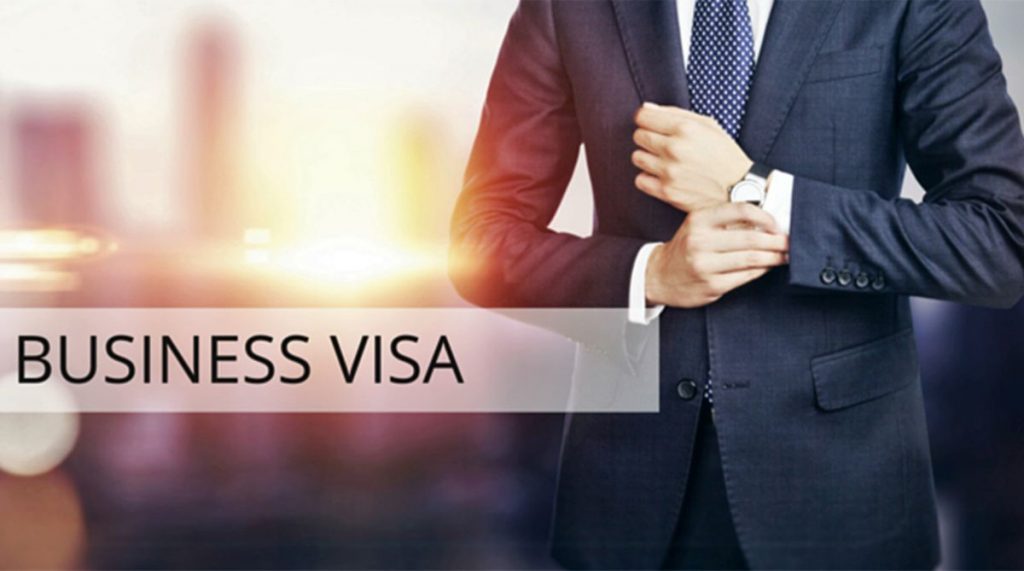
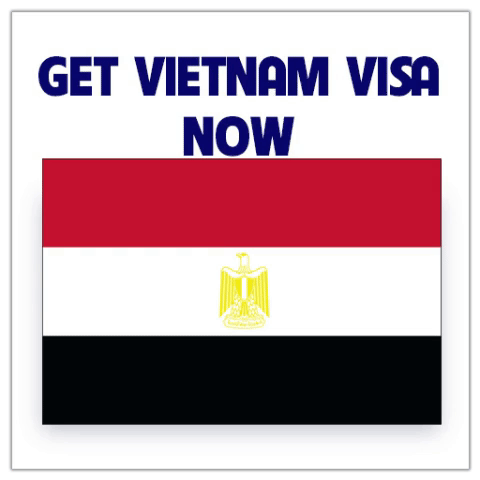
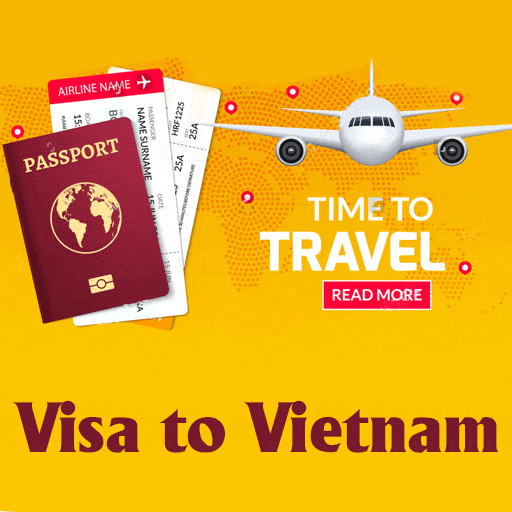
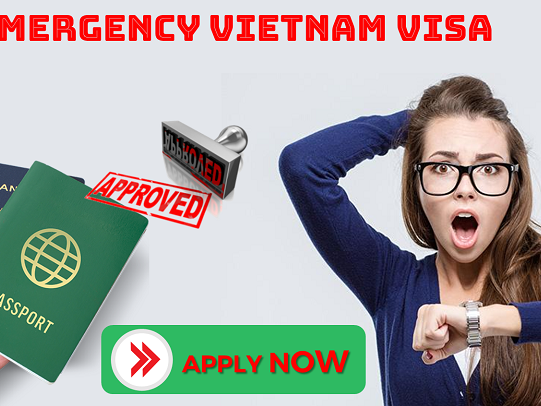



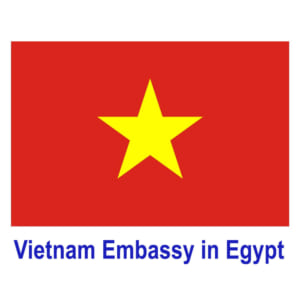

Leave a Reply